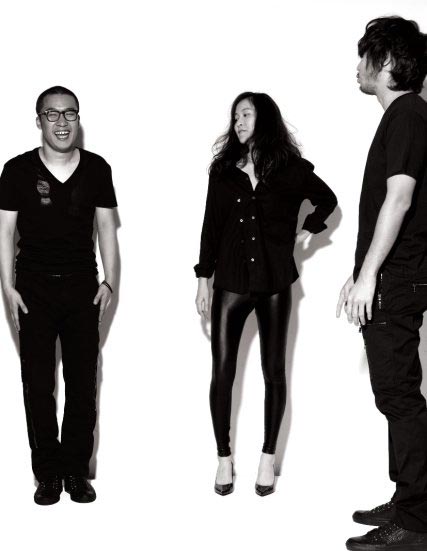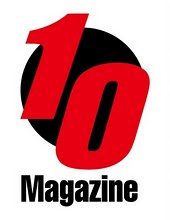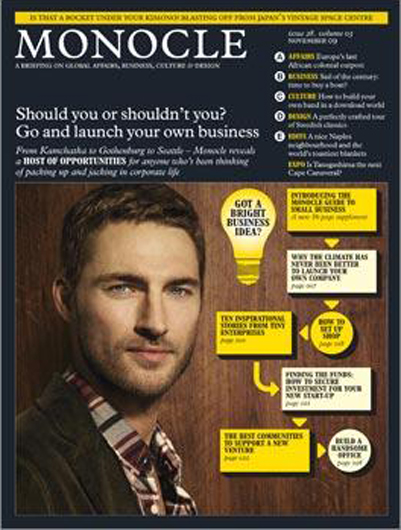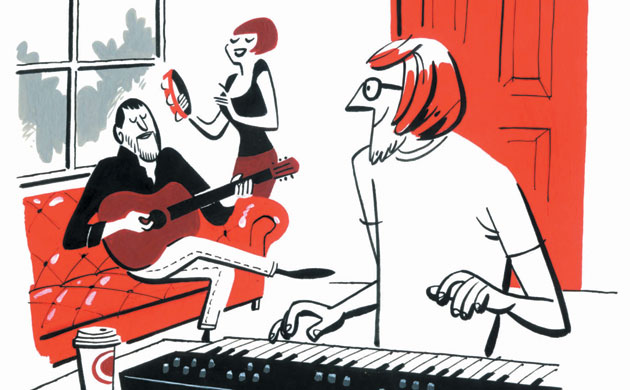Time Magazine : K-Pop Online - Korean Stars Go Global with Social Media
 Thursday, August 26, 2010 at 2:47PM |
Thursday, August 26, 2010 at 2:47PM |  DFSB Kollective
DFSB Kollective 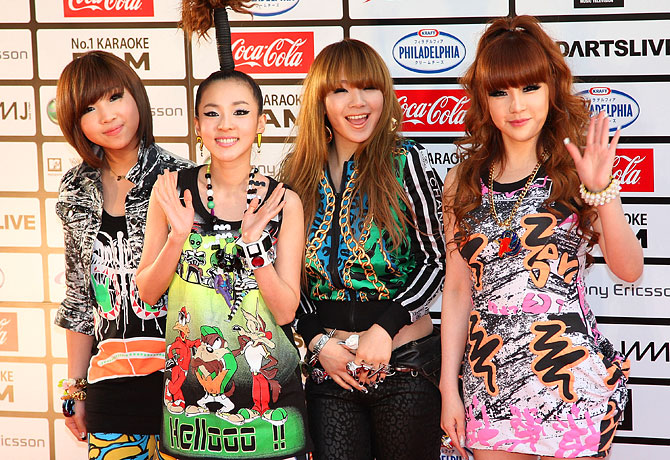 2NE1 pose on the red carpet at the MTV World Stage VMAJ 2010 in Tokyo (photo courtesy of Koichi Kamoshida/Getty Images)(WORLD SECTION) As a child, Dong Young-bae used to hide from his parents to dance to cassettes of Michael Jackson and Stevie Wonder. He says he was too shy to tell anyone he wanted to become a famous singer and dancer. Not anymore. Today the 22-year-old South Korean singer and dancer known as Taeyang is in the spotlight as an international pop star. Thanks in no small part to a long-standing trend in Asia that renders all things Korean cool, Taeyang is going global, riding the so-called Korean wave all the way out West.
2NE1 pose on the red carpet at the MTV World Stage VMAJ 2010 in Tokyo (photo courtesy of Koichi Kamoshida/Getty Images)(WORLD SECTION) As a child, Dong Young-bae used to hide from his parents to dance to cassettes of Michael Jackson and Stevie Wonder. He says he was too shy to tell anyone he wanted to become a famous singer and dancer. Not anymore. Today the 22-year-old South Korean singer and dancer known as Taeyang is in the spotlight as an international pop star. Thanks in no small part to a long-standing trend in Asia that renders all things Korean cool, Taeyang is going global, riding the so-called Korean wave all the way out West.
Taeyang, who is better known in South Korea as the voice of the Korean boy band Big Bang, released his first solo album, Solar, online last month. It hit No. 2 on iTunes' R&B sales charts in the U.S. and No. 1 in Canada — a first for an Asian artist. "In the beginning, it was hard to believe I had fans buying my album so far away," says Taeyang, whose name means "sun" in Korean. He says he didn't do any promotion in North America for the album, which was recorded in Korean and targeted fans in South Korea and Japan. "The world is smaller now." (See TIME's special report "The Best of Asia 2010.")
For many artists in Korea's booming music industry, social media like YouTube and Twitter have become crucial tools to reach audiences in formerly hard-to-access markets like the U.S. and Europe. Korean artists are bypassing traditional outlets like radio and television, "aggressively steering their efforts to go international via the Internet," says Bernie Cho, president of DFSB Kollective, a Seoul-based agency specializing in the international marketing of Korean pop acts. "Social-media-savvy K-pop stars are now tweeting, YouTubing and Facebooking their way up music charts across and beyond Asia." (Watch TIME's video "TIME 100 Poll: Moot vs. Rain.")
It's working: allkpop.com, an English-language, U.S.-based Korean pop blog that caters to international fans, generates more Web traffic than any Korean music portals in South Korea. "Korean artists are now out there," says Johnny Noh, who runs the site. "People like [Korean artists] and want to know more about them." The blog's monthly readers more than doubled in the past year, from 1 million in 2009 to 2.2 million today. (See 10 things to do in Seoul.)
DFSB Kollective was the first company to begin direct distribution of Korean music acts on iTunes, in 2009. It began with more than 50 Korean artists in the alternative, hip-hop and electronica genres; now there are hundreds of Korean artists available in the online music store. Within a few hours of the Aug. 25 iTunes release of Solar International, an extended version of Taeyang's album that includes English versions of his singles, the album reached No. 3 in Japan, No. 5 in Canada, No. 11 in the U.S. and No. 15 in Australia on the R&B/Soul album chart. It will hit on-the-ground music stores in the U.S. and Canada later, while no release date has been set for Asian markets. It's the first time a South Korean album has been promoted offshore and online exclusively through social-media groups, according to YG Entertainment, Taeyang's Korean R&B and hip-hop label. (Comment on this story.)
People in the Korean music industry are watching and learning. YG Entertainment plans to release the first album of girl group 2NE1 offshore and online. The group became famous after releasing the single "Lollipop," with Big Bang, which was featured in an LG cell-phone ad campaign last year. Since then, 2NE1's international exposure — particularly in the U.S. — has been growing. Black Eyed Peas producer will.i.am saw one of their videos and immediately wanted to work with them, says Choi Sung-jun, chief operations officer at YG Entertainment. They have been collaborating for the past couple of months in Los Angeles and London. (See TIME's 2006 profile on Korean pop star Rain.)
K-pop's online buzz has become a way for artists to make a name for themselves at home. Kim Yeo-hee, 22, became a YouTube star in March when she posted three videos under the name Apple Girl. In her first video, Kim played music with the applications of four Apple iPhones and sang Beyoncé's "Irreplaceable." Two days later, her name became the most searched word in all major Korean search engines. In May, Kim released her debut digital mini-album. She is now preparing a single for release in September. Kim, who went from making music on iPhones to selling her own music on iTunes in less than six months, says, "I wanted to become the Korean version of Justin Bieber. But I never imagined so many people could be interested in what I do.
Of course, once your face becomes known overseas, you still have to control your image. On a recent day this month, Taeyang was working nonstop at the YG studio in Seoul to get ready for his upcoming concert that might be streamed live on YouTube. The young celebrity massaged his shoulder, yawned and, with bags under his eyes, looked through the photos that will appear on his new album. He frowned at an image of himself in which his well-groomed goatee had been Photoshopped out. "Call the printer and tell them to change the picture," he told the designer. He gestured to the photo of his digitally clean-shaven face. "I want to look a bit tough," he said. "In the U.S., like this, they'll think I'm too nice."
Featured Artists : Taeyang / Kim Yeo-Hee
Featured Commentator : DFSB Kollective (Bernie Cho)


